PBL at HD Beijing
Click here to view the PBL videos made by HD students.
During our whole school ‘Habitats’ topic, we decided to incorporate a Project BasedLearning (PBL) unit into Grade 4 English lessons.
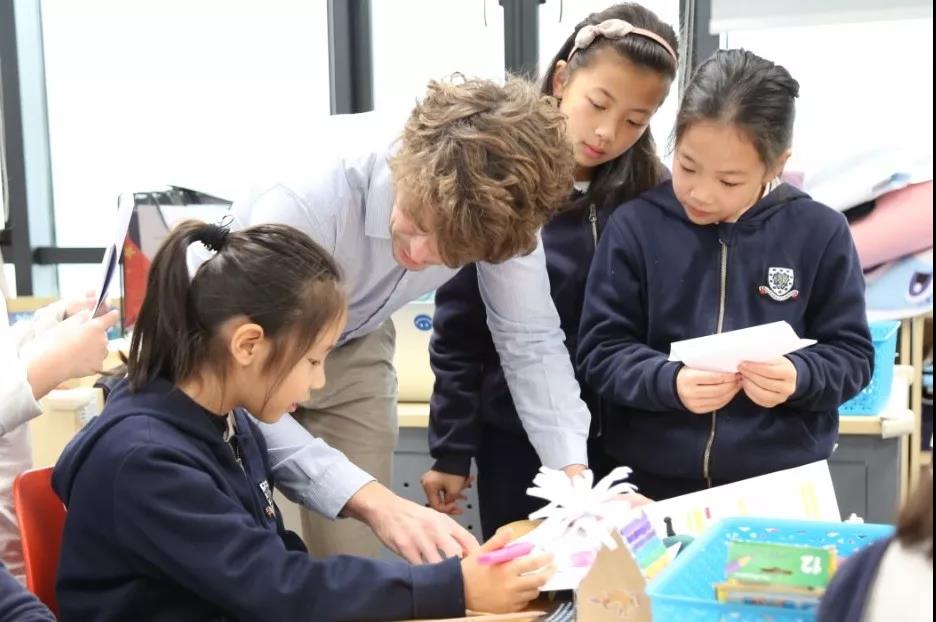
Whilst the project culminated with the presentation of our documentary ‘Our World, Our Lives, Our Future,’ the whole project was an exciting learning journey which greatly inspired our children.
01
Driving Question
The first stage of the project was to develop a driving question that would easily link to the ‘Habitats’ topic. After speaking to Academic Director, Mr Jeff, it became clear that a major issue our school faces, is waste. This led us to develop and use the following question as a basis for our learning: ‘How do we as HD Beijing students reduce the amount of waste we produce and raise awareness of this global problem?’
From here it was important for the children to discover the things that we waste in school so they carried out a whole school waste audit, where they looked around the school to identify the resource that we waste the most. The more they moved around the school, the more they discovered that at HD Beijing we waste a huge amount of paper. This led us to change our driving question so that it focused specifically on paper and not general waste.
02
Research Interviews
We wanted to understand how adults felt about the problem, so the children learned how to write effective questions and used them to carry out research interviews with a range of Chinese staff, International staff and Grade Four parents. The interviews showed that it was clear that these adults understood that paper waste is a massive global problem.
After the interviews, it was important to fully understand the global scale of this problem and so the children conducted research using the school iPads. The shocking truth about paper waste and deforestation further highlighted the importance of this project.
03
Solutions and A Documentary
We knew we needed to develop solutions to our school waste problem and together we defined seven key areas where we waste paper. After this, we brainstormed any possible solution we could think of that could help us. The children came up with many ideas and trying to narrow these down to solutions that would be quick, effective and easy to implement was a really difficult aspect of the whole project.
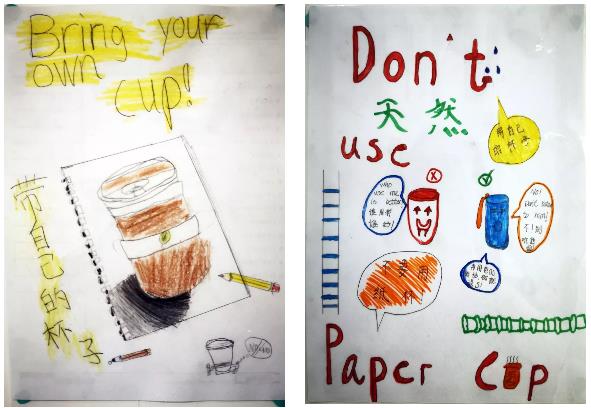
As we refined our solutions, we started to investigate the second half of our driving question ‘how can we raise awareness of this global problem?’ People needed toknow about the global paper waste problem, so we decided to create informative leaflets and posters to display around the school, take part in a protest march with our families and create our documentary.
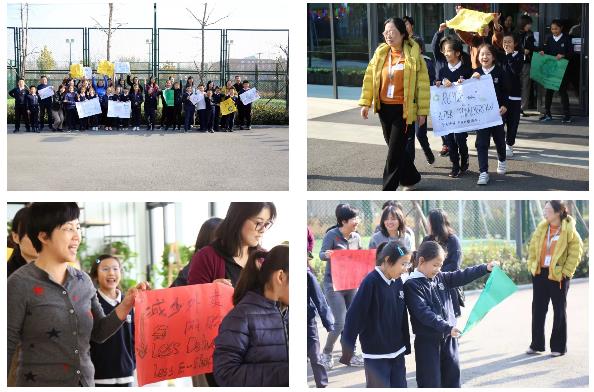
04
Expert’s sharing
An HD parent, Mr Jie Li, who is an environmental expert, delivered a very engaging lesson to the class where he taught us how Beijing city plans toincrease recycling functions in the coming years.
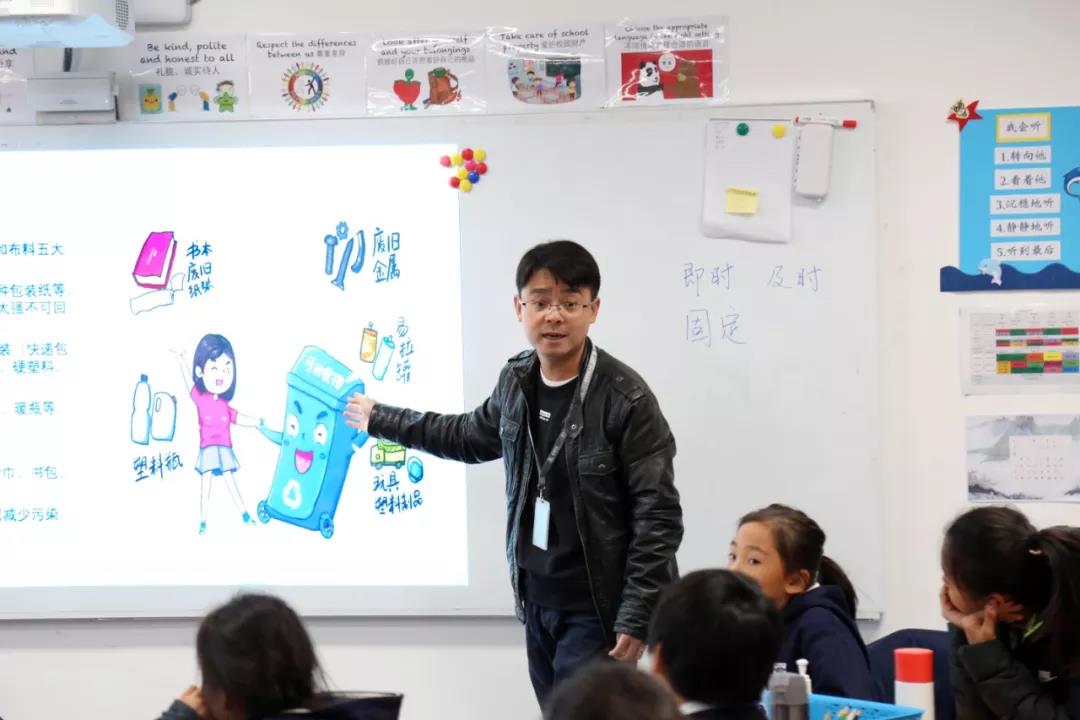
The biggest part of the project was designing, filming and editing our documentary. As a class we created a large storyboard and spent a long time deciding what we wanted to include and what the structure of our presentation should look like. We wanted people to care about the problem as much as we did therefore we needed to make sure that people would be engaged in our movie from start to finish.
Next, the script was developed and handed out to each child. Because there were only 5 days to complete the film, we had to make sure that everyone knew their lines from memory and could say them clearly and with expression. There were many sections to the documentary and everyone had at least 5 lines of speech so there was a lot of practicing to be done.
05
Premier of Documentary
Knowing how supportive our Grade 4 parents are, we knew they would come to the premier of our documentary, however we wanted to maximise our impact by increasing our audience. In order to do this, we used persuasive techniques to write letters and emails to all parents and staff of HD Beijing to convince them to come to our premier and learn about the global paper waste problem.
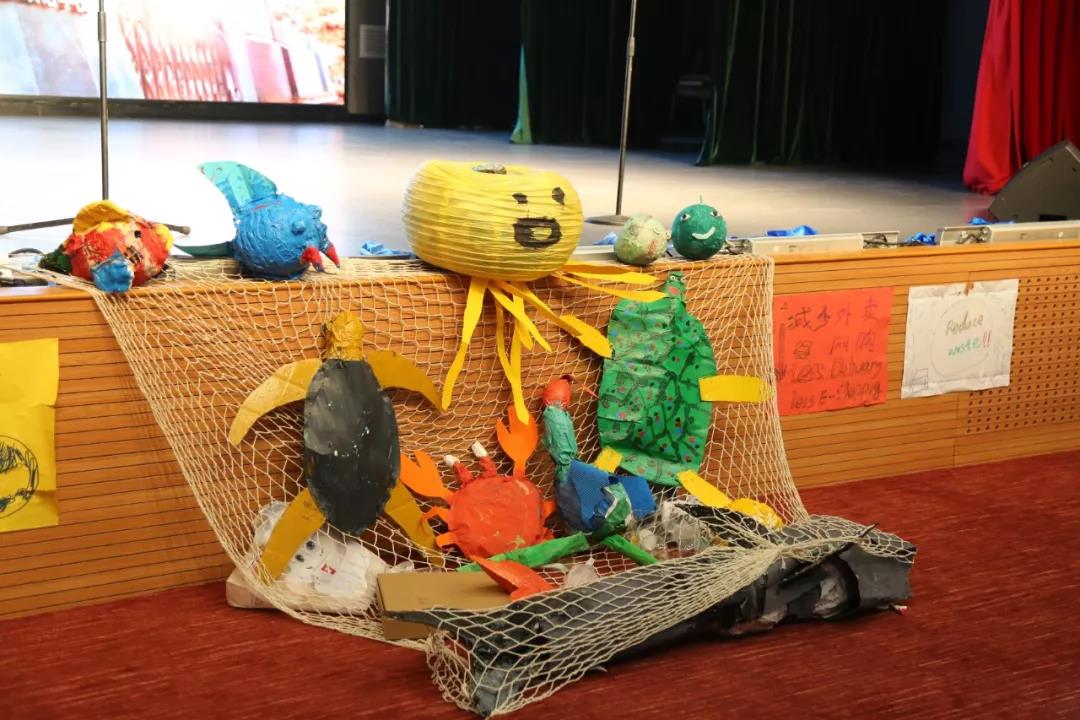
Finally, the time for the premier of our documentary arrived and we could feel the excitement and anticipation from our growing audience . The students introduced the film and we were thrilled with the audience’s response to the documentary. We even received a standing ovation!
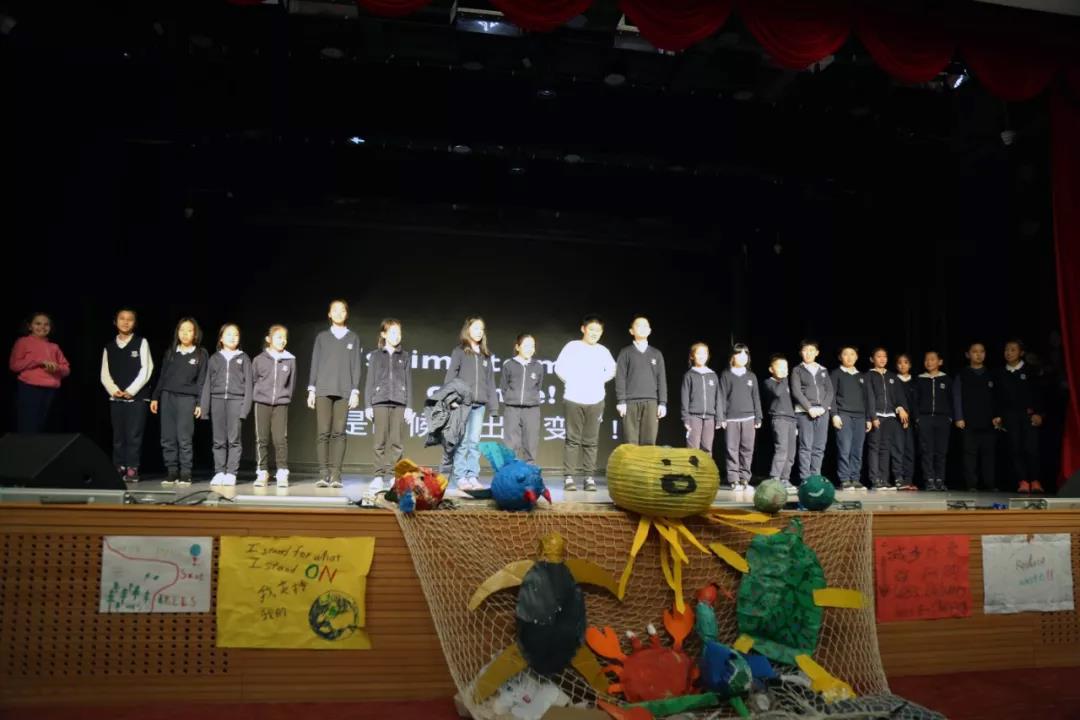
It was an emotional presentation, which accurately portrayed the problem of paper waste at HD school, the problem with paper waste globally and the Grade 4 PBL journey.
It also displayed the children’s passion for this project and how much effort they had put into the three week journey. We are really proud of the documentary and the performance of every single Grade 4 child. They were amazing!
06
Summary
Following the presentation, the children interviewed the school Principals one final time to discuss changes we could make in our daily lives to help reduce the amount of paper we waste at school. After that, we took time to reflect on our journey and learning experience.
This was a three week project, which took place during English curriculum time. Making sure we accomplished everything we set out to do in the limited time available, was perhaps the biggest challenge. During the project, the children created a plethora of outstanding learning and creating such a brilliant final production is something we will always be proud of.
As well as engaging with a real world problem, which gave the students a deeper understanding of the complicated world they live in, we made sure their learning was linked to the English, Science, Maths, Geography, Art,and Chinese Moral curriculums. Most importantly however, learning through a PBL model enabled the children to develop key 21st century skills: critical thinking, communication and the ability to collaborate as part of a team.


